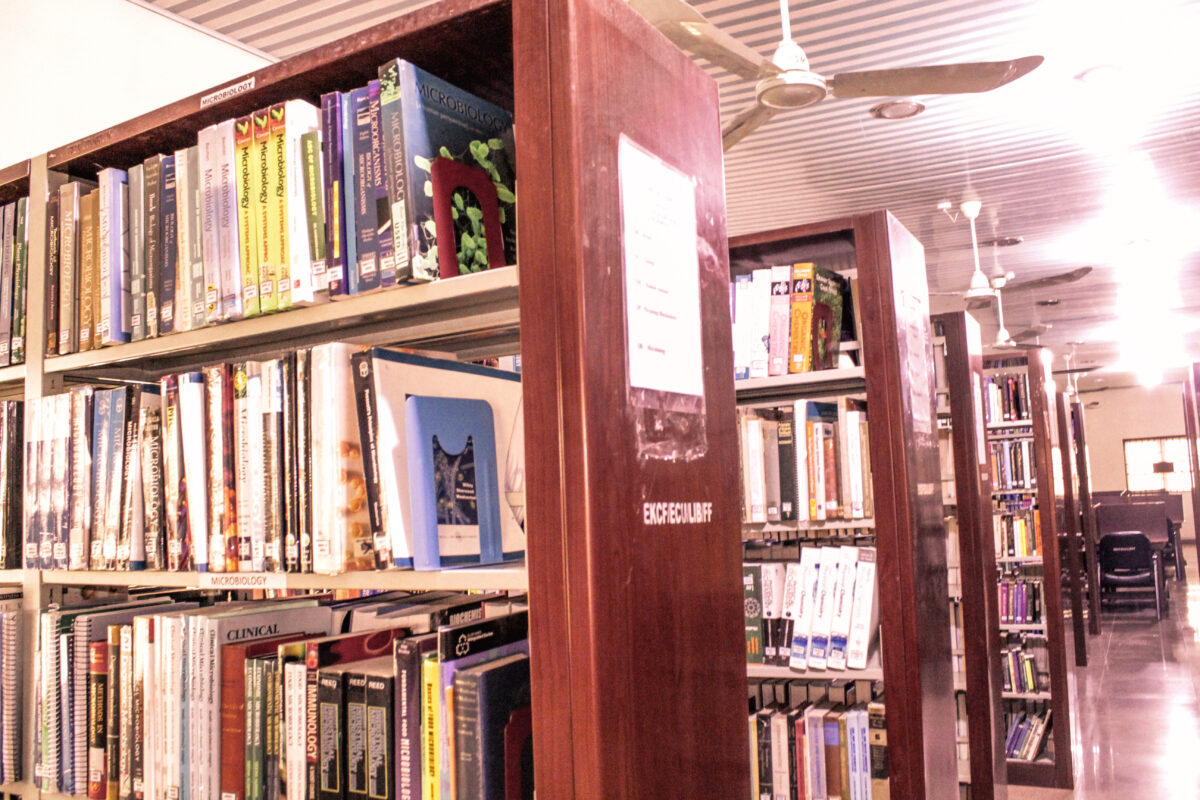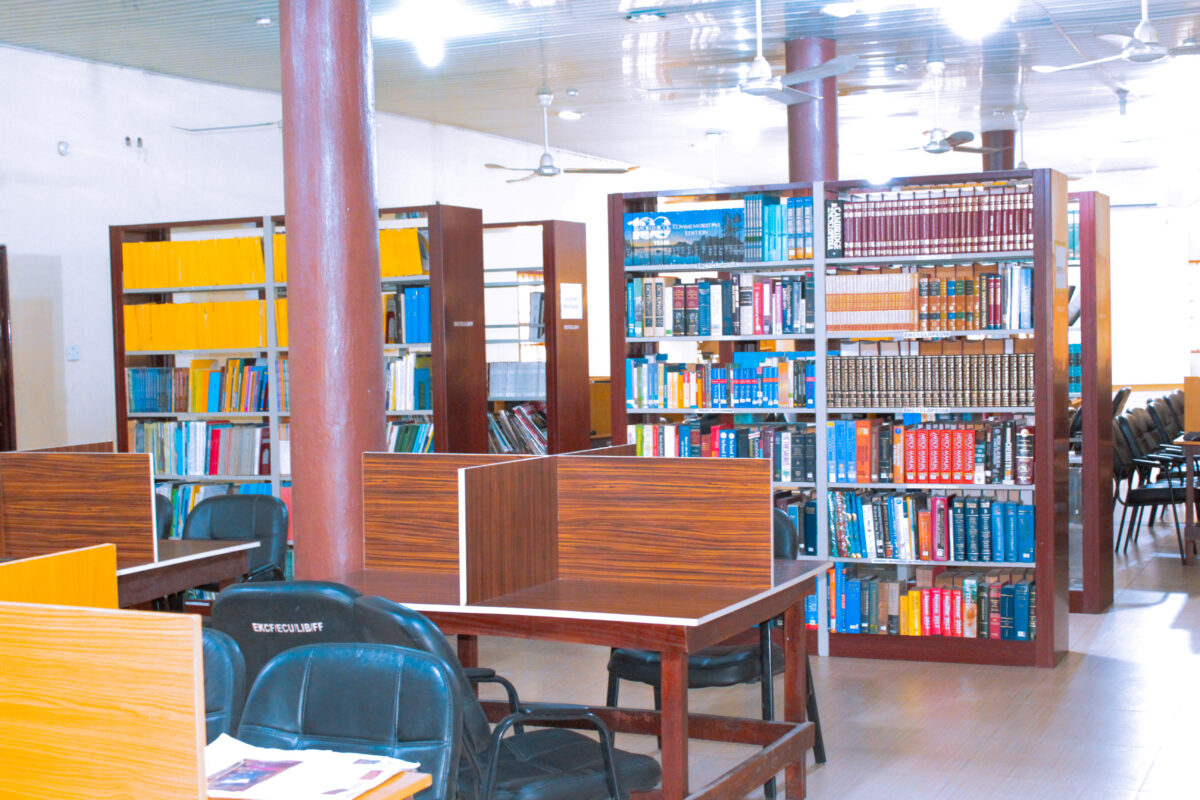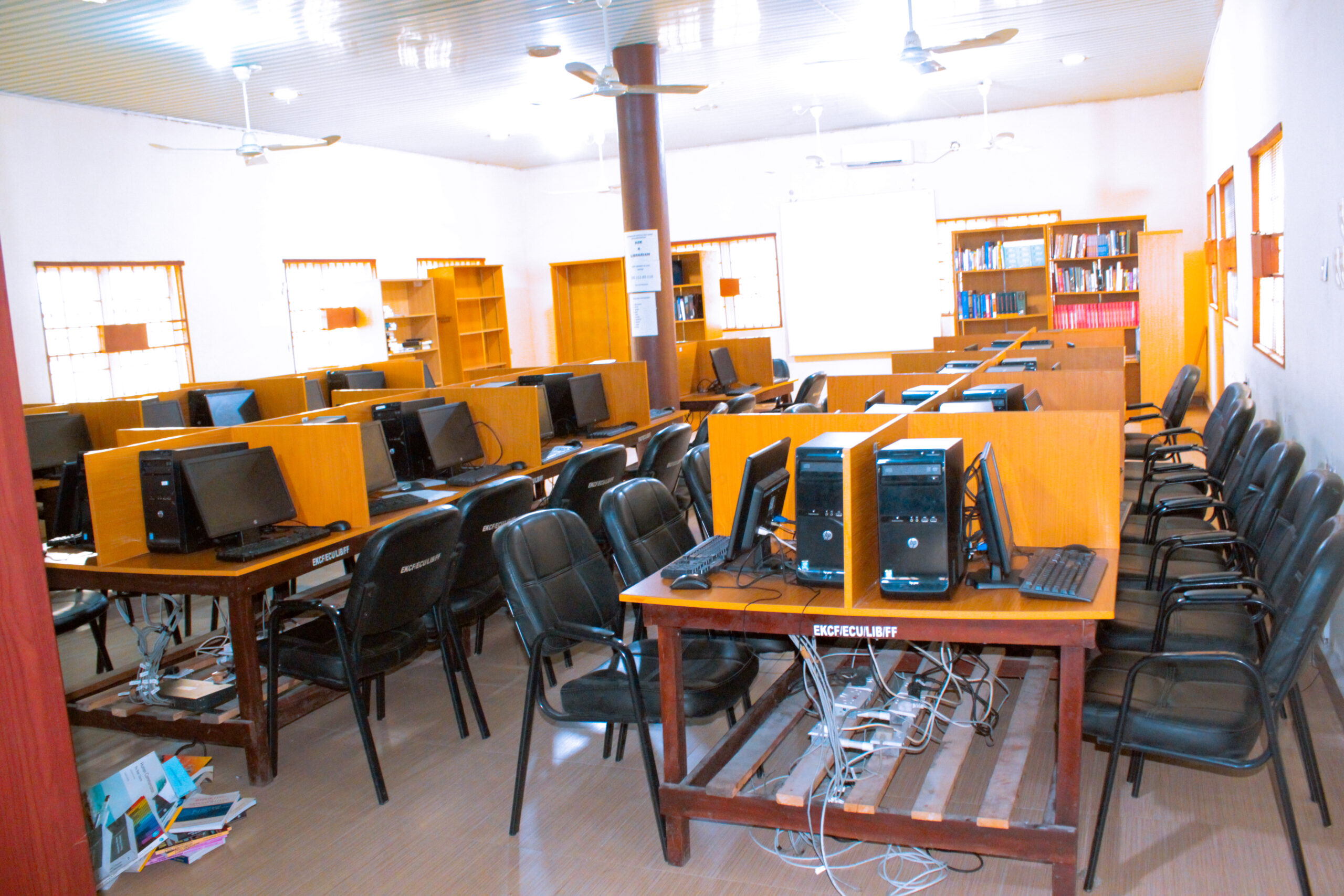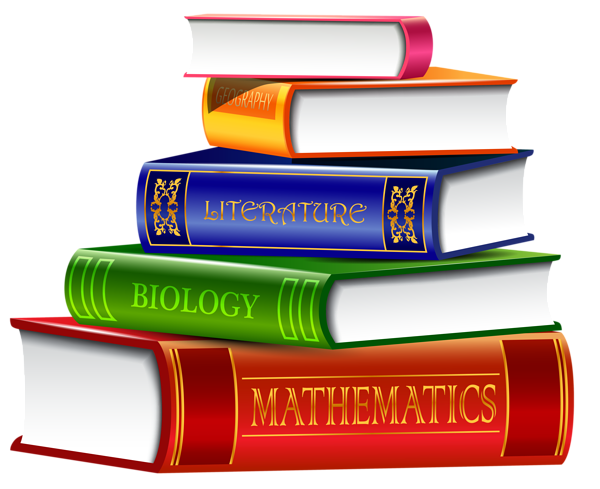THE LIBRARY OVERVIEW
Edwin Clark University Library was established in the year 2015 to play a major role in promoting teaching, learning, research and other intellectual engagements. It is located opposite the ICT Center and houses over 40,000 volumes of highly intellectual books and over 5000 volumes of periodicals comprising both local and foreign journals and other serials materials
Integrity
We earn trust by our firm commitment to quality services, constantly putting our words into action and through responsible stewardship of university resources.
Sustainable practices
We act intentionally focusing on our long term goal of competing internationally using best practices and making a global impact on the world of information and research.
Human-centered approach
Every user is important to us. We provide services and resources centered on the needs of our current and future users. We maintain a healthy workplace by promoting staff-students engagement through our day-to-day interface with users and continuous users’ education programme
OUR VISION
Making access to information simple and equipping Edwin Clark University’s research and learning community with deep expertise, innovative services, and outstanding collections strengthened by strategic partnerships, provision of information resources-mix with respect to diversity, equity and inclusiveness






